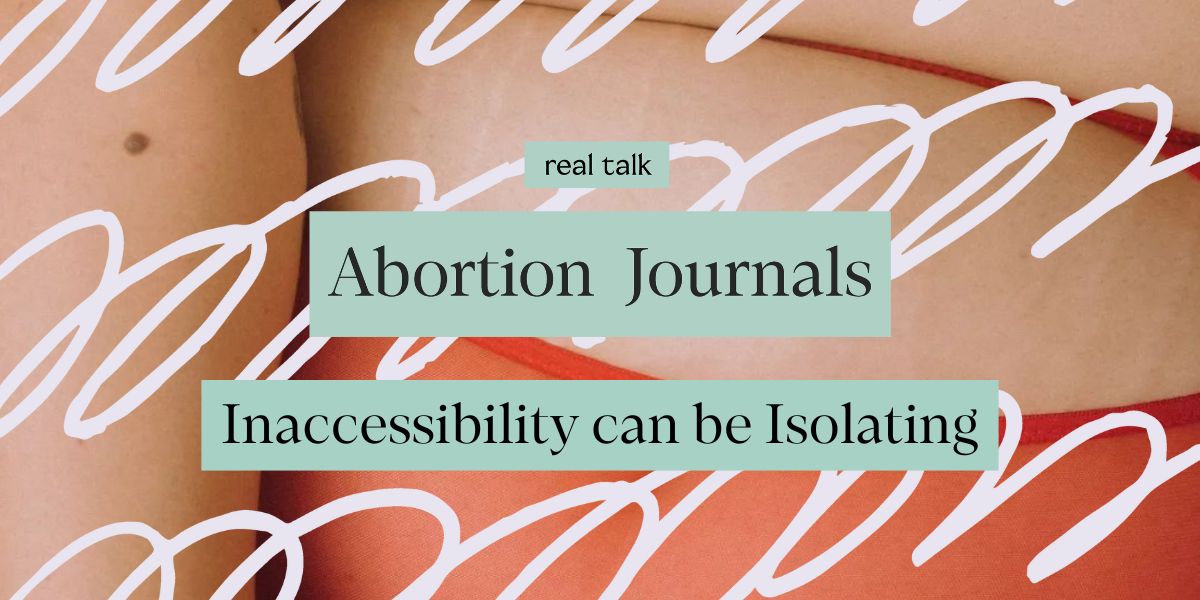My emergency contraception didn't work. What should I do now?

While emergency contraception can reduce your chances of getting pregnant after unprotected sex, it is not 100% effective. If you think you may be pregnant after using the morning-after pill, you may be wondering what you can do. Here’s what to know about emergency contraception and what to do if it doesn’t work.
How do you know if your emergency contraception worked?
Emergency contraceptives aren’t always effective, but you can further reduce the chances of pregnancy by choosing the type that best fits your situation. If you are considering using emergency contraceptives, there are a few things to consider when determining if this is the best option for you
- How long it has been since you had unprotected sex
- Accessibility of your chosen emergency contraceptive method — where you can get it and its cost
- When you last used another method of birth control
- Your weight
- Whether you’re breastfeeding
- Health conditions — certain recent surgeries or if you’re taking certain medications
You may be able to reduce the risk of morning-after pill failure by knowing which factors can affect the outcome and choosing how to prevent pregnancy based on your situation. For example, if you have reason to believe that you’re already ovulating, the morning-after pill may not be the right choice for you, and the copper IUD as your emergency contraceptive may be a better solution. Signs that you might be ovulating include:
- Bloating
- Breast tenderness
- Clear, thin vaginal discharge
- Changes to hormone levels — Ovulation tests can help track this
Shop the article
What are the signs that your emergency contraception failed?
Having a confirmed positive pregnancy test is the only way to know that your chosen method of emergency contraception has failed. This may happen if:
- You don’t take emergency contraceptive at the right time (within 3-5 days of unprotected sex)
- You’re already ovulating when you use emergency contraception pills
- You’re over 165 lbs or have a BMI over 25 and used emergency contraception pills
Emergency contraception may cause a delay in when your next menstrual cycle occurs, but you should still get your period within a week of when you expect it. If you don’t get your period within 3-4 weeks of taking emergency contraception, it may have failed, and you should take a pregnancy test. Early signs of pregnancy may include:
- Missing a period
- Light spotting or bloating
- Breast tenderness or swelling
- Abdominal, back, or leg pain
- Fatigue or lightheadedness
- An aversion to certain foods or sensitivity to some smells
- Nausea or vomiting
- Mood swings
- The frequent need to pee
If your emergency contraception fails
If you’re wondering what you can do if your emergency contraception fails, you’re not alone. If you are confirmed to be pregnant, you’ll need to decide whether you’ll carry the pregnancy to term (whether or not you keep the child) or terminate the pregnancy with an abortion.
Medical abortion
A medical abortion involves taking two medications. The first step is taking mifepristone, which you can take at a doctor’s office, medical clinic, or from home. Hours or days later, you are instructed to take misoprostol. Mifepristone blocks progesterone, a hormone necessary for the maintenance of a pregnancy. Misoprostol can then cause your uterus to contract and expel the embryo.
You may be able to use a medical abortion to terminate a pregnancy up to 11 weeks after your last period, but the chances of successfully terminating the pregnancy using medications can decrease at around 7 weeks after your last period.
The possible side effects of having a medical abortion include vaginal bleeding, cramping, headache, fever, chills, nausea, and vomiting. Contact your primary care provider if you experience heavy bleeding, severe pain, a lasting fever (more than 24 hours), or malodorous vaginal discharge; you may need immediate medical attention.
Keep Reading

Can I take the morning-after pill if I'm on birth control?
4/18/23 • 4 minutes

History of emergency contraceptions
Feb 28 • 3 minutes

How do I know if the morning-after pill worked?
Jun 10











